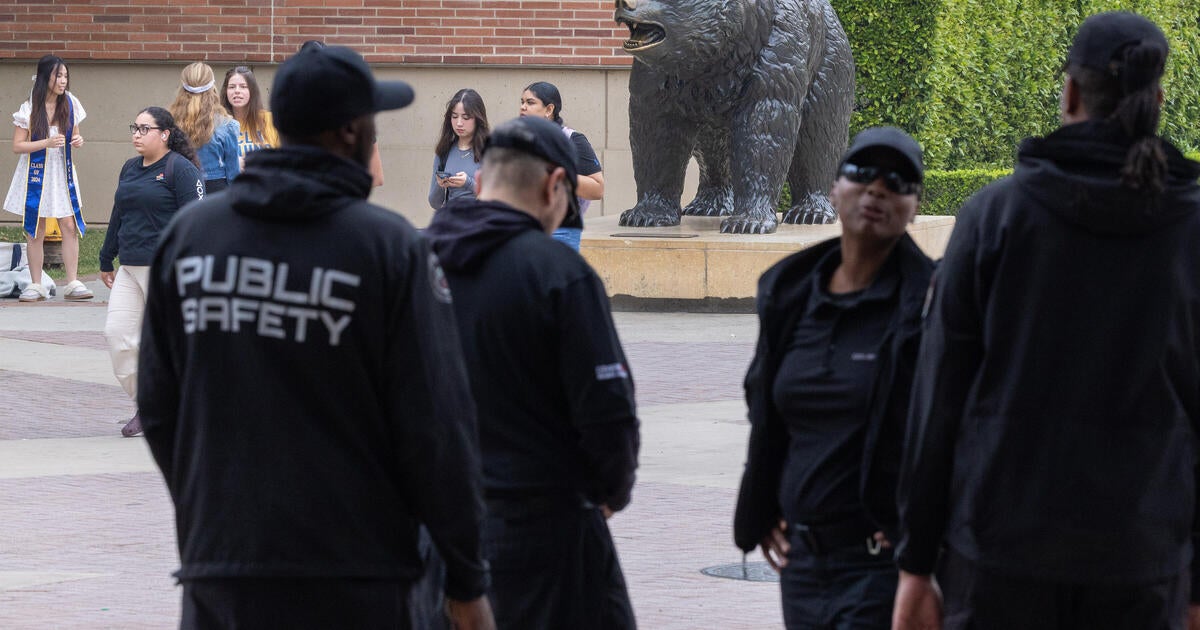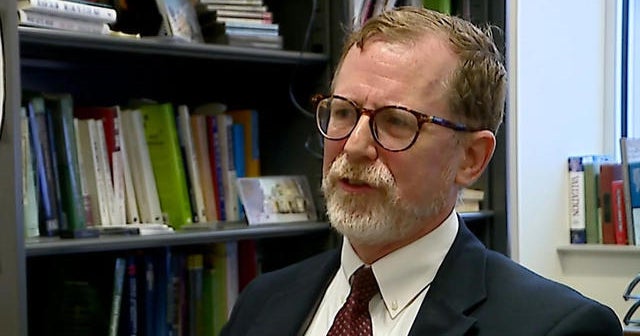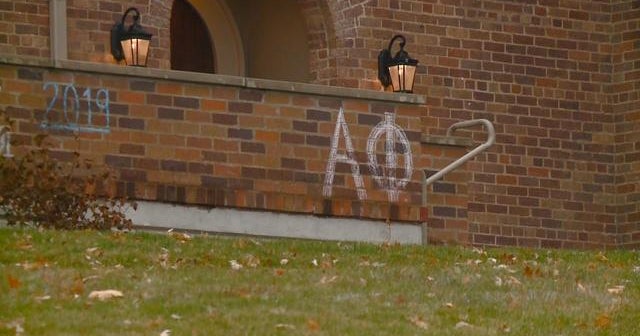Uncovering Controversy: Justice Department Launches Antisemitism Probe into UC System
The announcement from the Justice Department regarding its investigation into antisemitism allegations within the University of California (UC) system has ignited a heated debate across academic institutions nationwide. This probe raises significant questions about the balance between free speech and the safeguarding of students from hate speech, particularly in an environment where tensions over various social and political issues are running high. As we delve deeper into this unfolding story, it’s crucial to explore the implications of this investigation, its context, and what it might mean for the future of academic freedom and campus culture across the United States.
Background of the Investigation
In recent months, accusations of antisemitism have emerged from various UC campuses, alleging that Jewish students have faced harassment and discrimination due to their identity and beliefs. These allegations seem to coincide with heightened political activism related to the Israel-Palestine conflict, particularly during key events such as the Israeli military operations in Gaza. The Justice Department’s Civil Rights Division has taken notice of these claims, emphasizing that public institutions must ensure an environment free from discrimination.
The investigation will focus on whether the UC system has violated Title VI of the Civil Rights Act, which prohibits discrimination based on race, color, or national origin in programs receiving federal financial assistance. This probe is particularly significant given that the UC system is one of the largest public university systems in the United States, with a diverse student population that includes a notable Jewish community.
The Tensions of Free Speech and Hate Speech
At the heart of this investigation lies the ongoing debate over free speech on college campuses. Universities are traditionally seen as bastions of free thought and discourse. However, with this freedom comes the challenge of managing speech that may be considered harmful or discriminatory. The antisemitism probe raises critical questions:
- What constitutes hate speech? While free speech is protected, there are legal boundaries, especially when it comes to speech that incites violence or hatred against a particular group.
- How can universities balance free expression with the need to protect students from harassment? This is a delicate balance that institutions must navigate carefully.
- What role do campus organizations play in fostering or curtailing an inclusive atmosphere? Student organizations, particularly those focused on political issues, can sometimes become flashpoints for conflict.
As allegations of antisemitism grow, so too does the scrutiny of campus organizations that may be linked to these incidents. For example, protests and events organized by student groups advocating for Palestinian rights have sometimes included rhetoric that Jewish students and organizations have found offensive or threatening. This has led to a perception that such activism crosses the line from legitimate political discourse into antisemitism.
Responses from University Officials and Student Groups
The response from university officials has been varied. Some administrators have expressed a commitment to addressing antisemitism and ensuring that all students feel safe and supported. Others, however, argue that the probe could stifle free speech and discourage students from engaging in political activism, particularly on contentious issues like the Israel-Palestine conflict.
Student groups have also reacted strongly to the investigation. Many Jewish students welcome the Justice Department’s intervention, viewing it as a necessary step to protect their rights and dignity on campus. Conversely, some student organizations focused on Palestinian rights have criticized the probe as an attack on their ability to advocate for their cause. This division illustrates the complexities of navigating free speech, activism, and the need to combat hate.
The Broader Implications for Academic Institutions
The Justice Department’s inquiry into antisemitism within the UC system could set a precedent that resonates far beyond California. Here are some potential implications for academic institutions across the nation:
- Policy Revisions: Universities may need to reevaluate their policies on hate speech and discrimination, potentially leading to stricter guidelines to protect students while still upholding free speech.
- Increased Surveillance: Institutions might implement more rigorous monitoring of campus events and discussions to ensure compliance with civil rights laws, which could lead to concerns about overreach.
- Heightened Awareness: The investigation may raise awareness about the complexities of antisemitism and other forms of discrimination, prompting educational initiatives to foster understanding among diverse student populations.
Looking Ahead: Navigating a Complex Landscape
As the Justice Department’s investigation unfolds, the focus will undoubtedly remain on the UC system, but the ramifications could ripple across the country. Universities must grapple with the need to protect students from discrimination while also preserving the fundamental rights of free expression. The challenge lies in finding a path that allows for robust debate and activism without crossing into hate.
In this context, it’s essential for universities to foster open dialogues that include diverse perspectives. Engagement between different student groups—Jewish, Palestinian, and others—can create a more comprehensive understanding of the issues at hand, promoting empathy and reducing tensions.
Conclusion
The Justice Department’s probe into antisemitism within the University of California system is a pivotal moment in the ongoing dialogue about free speech, discrimination, and campus culture. As this investigation progresses, it offers an opportunity for academic institutions to reflect on their values and commitments to creating safe, inclusive environments for all students. By navigating these challenges thoughtfully, universities can work towards fostering a culture of respect and understanding, allowing for the vibrant exchange of ideas that is essential to higher education.
See more TED Talks World



